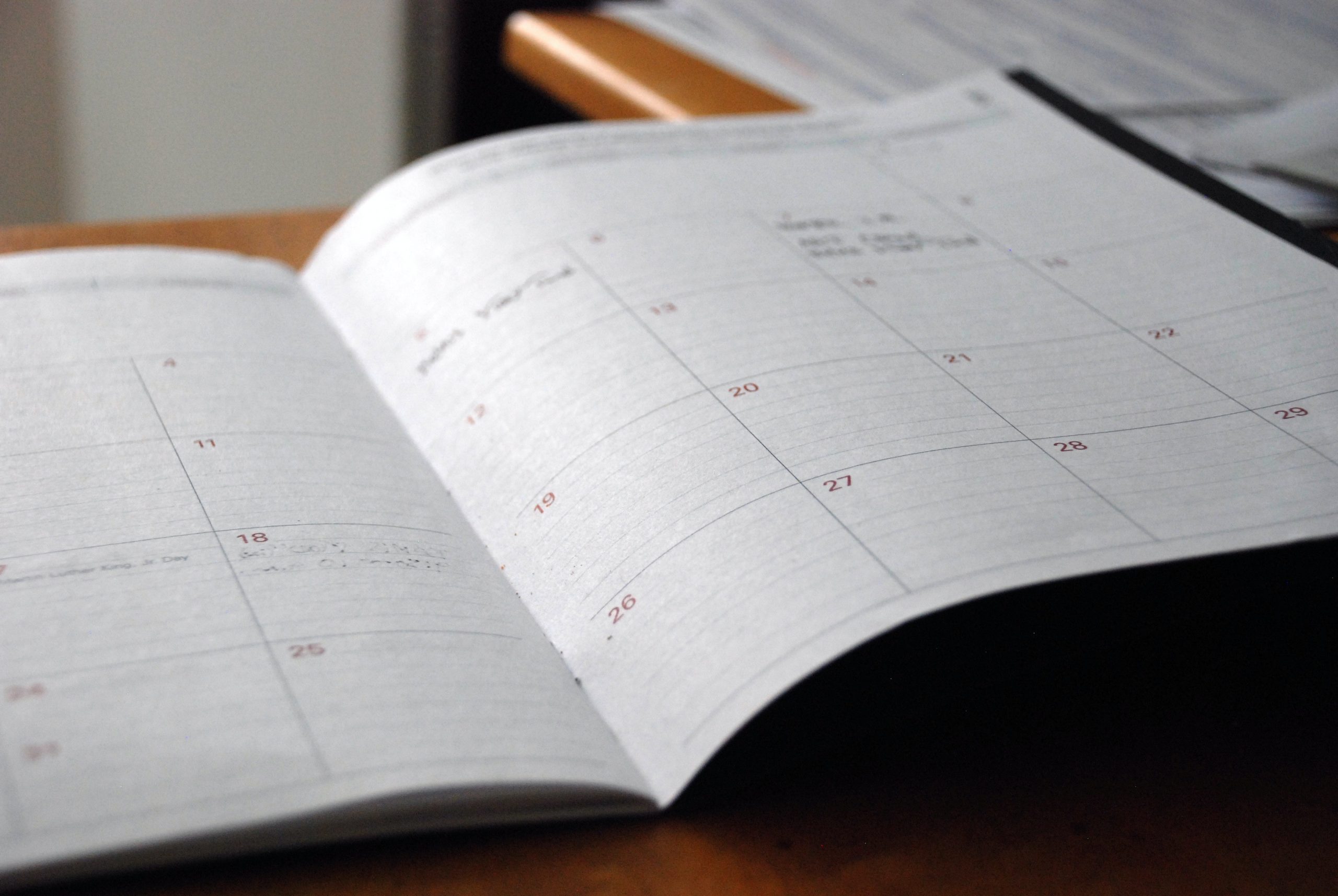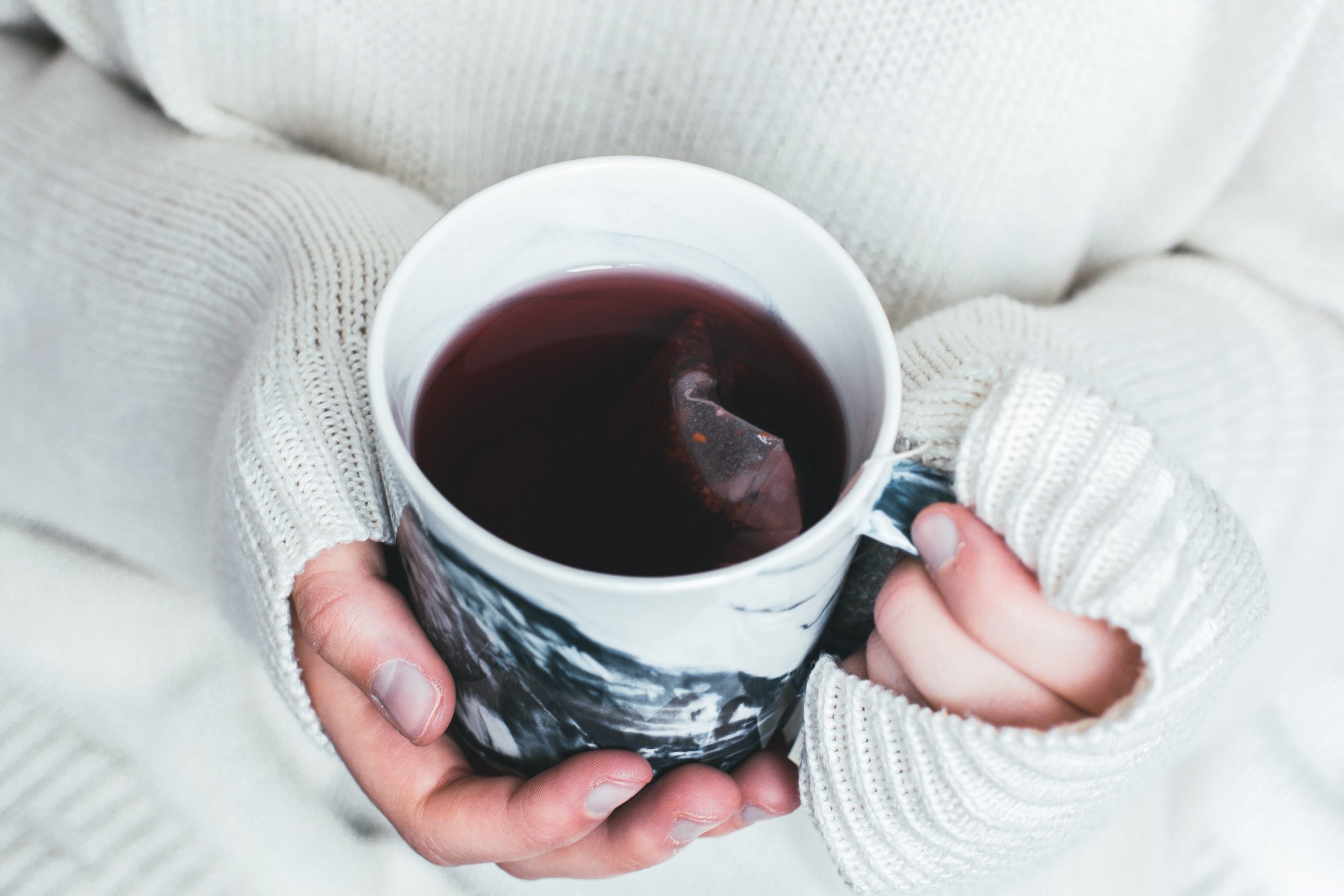May 28, 2020

When life gets taxing, it can be helpful to pull back, recognize what we do and do not have control over, and then decide where to act. Focusing on our sleep is one of the most useful things we can do during challenging times, or anytime for that matter, because of the incredible restorative impact sleep has on our physical and mental health.
There are numerous recovery benefits of quality sleep. Some of the most important include repairing and strengthening tissue and muscle, flushing brain and body toxins and cellular waste, consolidation of neural inputs to enhance learning and memory, and increasing human growth hormone to fight infection and promote cellular repair.
Adequate sleep also has a synergistic effect on other lifestyle choices. When we sleep well, we are more likely to make healthier food choices, exercise, behave in prosocial ways, experience positive mood states, and improve work productivity. Insufficient sleep (less than 7 hours), on the other hand, is associated with negative health outcomes, a poorer immune response, decreased mood state, and less healthy lifestyle behaviors.
According to Dr. Merrill Mitler, neuroscientist at the National Institute of Health, “sleep services all aspects of our body in one way or another: molecular, energy balance, as well as intellectual function, alertness and mood.”
Have you been struggling to get a good night’s rest and failing to take advantage of the restorative benefits of quality sleep? If so, there are some simple actions you can take today to begin sleeping better tonight.

In addition to moving the lymphatic system around, which plays a role in our immunity, exercise can help us fall asleep more quickly and improve the quality of sleep, according to Hopkins Medicine. It is generally recommended to exercise at least 2 hours before bed in order to allow the rush of endorphins to come down and allow for an ease into rest. One common reason exercise helps with sleep is due to the anxiety and stress relief a bout of exercise can result in.

We sleep best when on a similar sleep, wake cycle. So, even during these less than ordinary days, try best to keep some sense of normalcy by going to bed at the same time each night.

Alcohol alters melatonin production at night, disrupting the circadian rhythm. According to the Sleep Foundation, alcohol also blocks REM sleep, which is the restorative sleep. When you miss out on REM, you wake up feeling unfocused and tired. Vice versa, the warmness of tea can have a calming and comforting effect helping you to better relax and ease into sleep.

Lauren has been a registered dietitian for 6 years and helps others develop practical and enjoyable lifelong nutrition habits to improve health, well-being, energy levels, confidence, and digestion. She focuses largely on a whole food, plant-based nutrition approach to health.

Synchronicity is a subsidiary of Modern Minds, a non-profit organization dedicated to treating and empowering mental health and wellbeing. We often partner together to offer truly integrative care for Modern Minds clients, Synchronicity members and the greater Lowcountry community.
Visit Modern-Minds.com